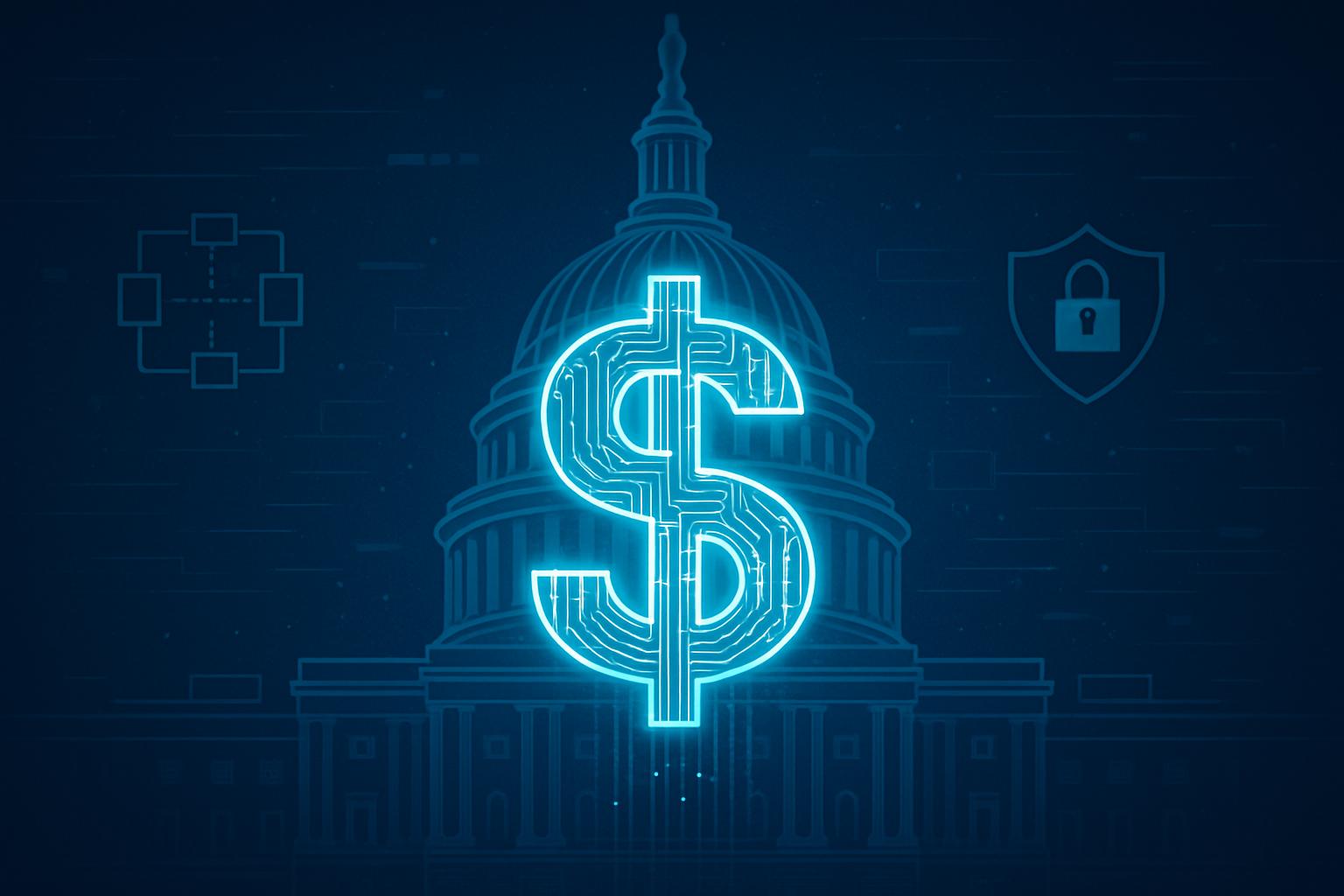US Lawmakers Reengage on CBDC Policy Amid Privacy Concerns
As the US Congress returns from its August recess, the debate surrounding central bank digital currencies (CBDCs) has regained prominence in the national cryptocurrency policy discourse. The discussion centers on the potential risks and benefits of a digital dollar, with privacy concerns at the forefront.
Privacy Risks and Political Rhetoric
Opponents of a CBDC argue that such a government-issued digital currency could compromise civil liberties by enabling unprecedented surveillance over Americans’ financial transactions. Representative Tom Emmer, sponsor of the Anti-CBDC Surveillance State Act passed by the House in July, cautioned that a programmable CBDC lacking cash-like privacy protections might allow federal authorities to monitor and restrict everyday financial activities.
However, policy analysts contend that this perspective oversimplifies the complexities involved. The Federal Reserve has affirmed it will not proceed with a CBDC without explicit congressional authorization, and privacy features could be embedded in any CBDC design. Sheila Warren, CEO of the Project Liberty Institute, noted, “You can design a CBDC that has significant blockers and protects privacy. You can design a CBDC… that is fully transparent and has zero privacy blockers. And these are design choices.” She further described the current urgent framing of CBDCs as an American privacy threat as largely rhetorical and politically motivated.
US Policy Diverges from Global Trends
The US approach contrasts markedly with other major economies. China has already implemented its digital yuan, while the European Union and India are conducting pilot programs for their own CBDCs. Warren highlighted this divergence, stating, “The US, under this administration and this Congress, has taken a very anti-CBDC stance.” She also differentiated between wholesale CBDCs, which facilitate interbank settlements and are seen as practical, and retail CBDCs aimed at consumers, which she believes are unlikely to materialize in the US.
Stablecoins and Emerging Privacy Challenges
Recent legislative developments, such as the passage of the GENIUS Act, have established a regulatory framework for stablecoins, potentially diminishing the urgency of a US CBDC. Warren suggested that stablecoins could become “the jet fuel of the digital economy,” altering the necessity calculus for CBDCs.
Moreover, Warren emphasized that more immediate privacy threats stem from data collection and artificial intelligence applications. She cited examples like automobile companies selling individual driver data as a greater concern than CBDC-related surveillance.
For a comprehensive discussion, the full interview with Sheila Warren is available on Cointelegraph’s Byte-Sized Insight podcast via Apple Podcasts and Spotify.













